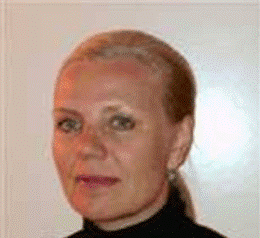World Nursing Education and Practice Congress
THEME: "Advancing Global Nursing Through Education and Excellence in Practice"
 21-22 Sep 2026
21-22 Sep 2026  Lisbon, Portugal
Lisbon, Portugal THEME: "Advancing Global Nursing Through Education and Excellence in Practice"
 21-22 Sep 2026
21-22 Sep 2026  Lisbon, Portugal
Lisbon, Portugal 
General Faculty Hospital, Czech Republic
Title: Position of a Research Nurse and Activities on an International Platform
Pavla Pokorna, MD, PhD, is a Czech neonatologist and paediatrician based at the General Faculty Hospital and 1st Faculty of Medicine, Charles University in Prague. She graduated in medicine in 1992 and later specialized in paediatrics, neonatology, and intensive care. She earned her PhD in 2014, focusing on antibiotic pharmacology in neonates. With international training in Switzerland, Germany, and the Netherlands, she also teaches paediatrics and pharmacology. Dr. Pokorna is an active member of several medical societies and co-chairs the pharmacology section of ESPNIC.